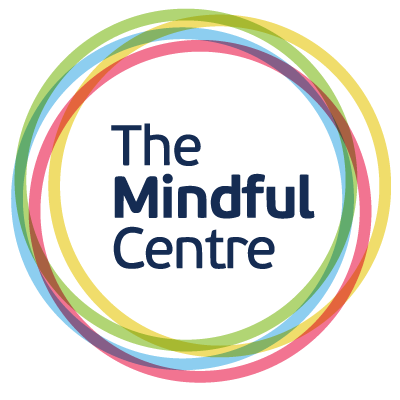10 Signs of Depression
Depression is a real but often misunderstood mental disorder that can be readily treated. Depending on the severity this may include counselling alone, or in combination with antidepressants. Sometimes you may think you or a loved one has clinical depression, but aren’t really sure what sets it apart from someone who’s just feeling the natural variations of the blues.
Feeling blue, unloved, or hopeless sometimes is a normal part of the human experience. There’s nothing wrong with you for feeling that way from time to time, especially in reaction to specific events in your life — like a death in the family, a romantic breakup, a poor grade, or losing a promotion at work. That’s not depression.
Depression can result from a major life stressor or can occur seemingly for no reason at all. For some it can seem that Depression comes out of the blue without any obvious trigger. For many who present for treatment, they are at a loss as to why they have had such a change, reporting they just don’t feel like themselves any longer. Depression can present in a variety of ways, not just being low. Elevated irritation, loss of interest in usual activities or anger can be indicators of depressed mood as well as biological changes (appetite changes, weight gain or loss, reduced sex drive, increased or decreased sleep).
Not everyone who is depressed experiences every symptom. Some people experience a few symptoms, some many. The severity of symptoms varies with individuals and also varies over time.
Here are 10 common signs of clinical depression:
Persistent sad, anxious, or “empty” mood
Feelings of hopelessness or pessimism
Feelings of guilt, worthlessness, or helplessness
Loss of interest or pleasure in hobbies and activities that were once enjoyed, including sex
Decreased energy, fatigue, or feeling “slowed down”
Difficulty concentrating, remembering or making decisions
Insomnia, early-morning awakening, or oversleeping
Appetite and/or weight loss or overeating and weight gain
Thoughts of death or suicide or actual suicide attempts
Restlessness or irritability
A person who suffers from a major depressive disorder (sometimes also referred to as clinical depression or major depression) must either have a depressed mood or a loss of interest or pleasure in daily activities consistently for at least a 2 week period. This mood must represent a change from the person’s normal mood.
Clinical depression impacts every aspect of a person’s life. It generally doesn’t go away on its own, and it’s not the person’s fault. Depression feels like you are lost with no end, pain without relief.
Treatment helps relieve depressive symptoms and tends to help end a depressive episode more quickly than if left untreated. If you or a loved one needs support for Depression, please seek some clinical support, or chat with your local GP who can assess your symptoms and refer you to a Psychologist in your area.
About Jodie
Jodie is a nationally accredited Psychologist and has been the Director of The Mindful Centre since 2006. TMC is a leader in quality psychological care across the North and West areas of Melbourne. TMC incorporates psychological and biological aspects of the mind/body connection to better explain how humans think, feel and behave. They offer individual and couple counselling, wellbeing workshops and monthly mindfulness sessions. You can see their full calendar of workshops and events at www.themindfulcentre.com.au/upcoming-events

